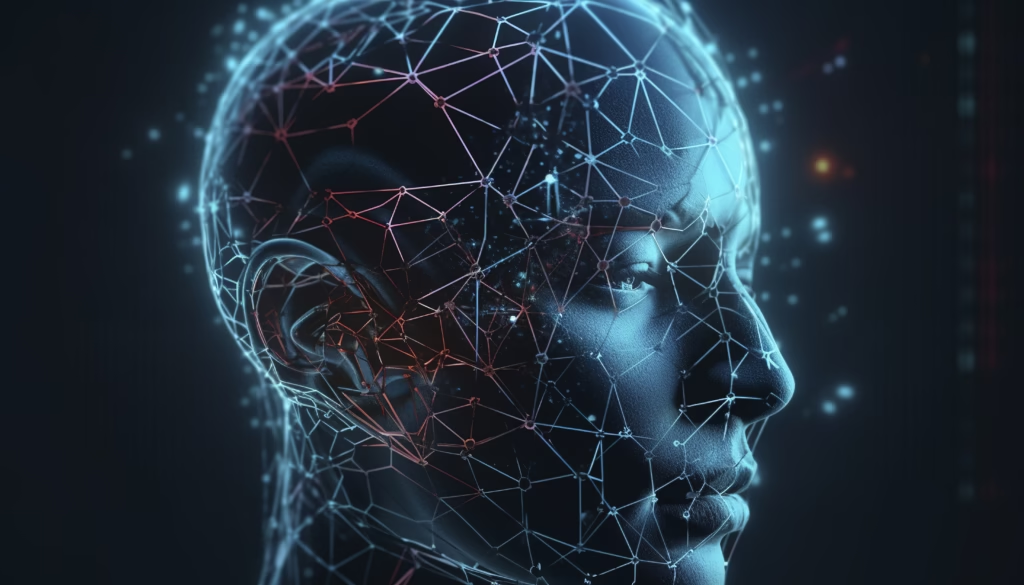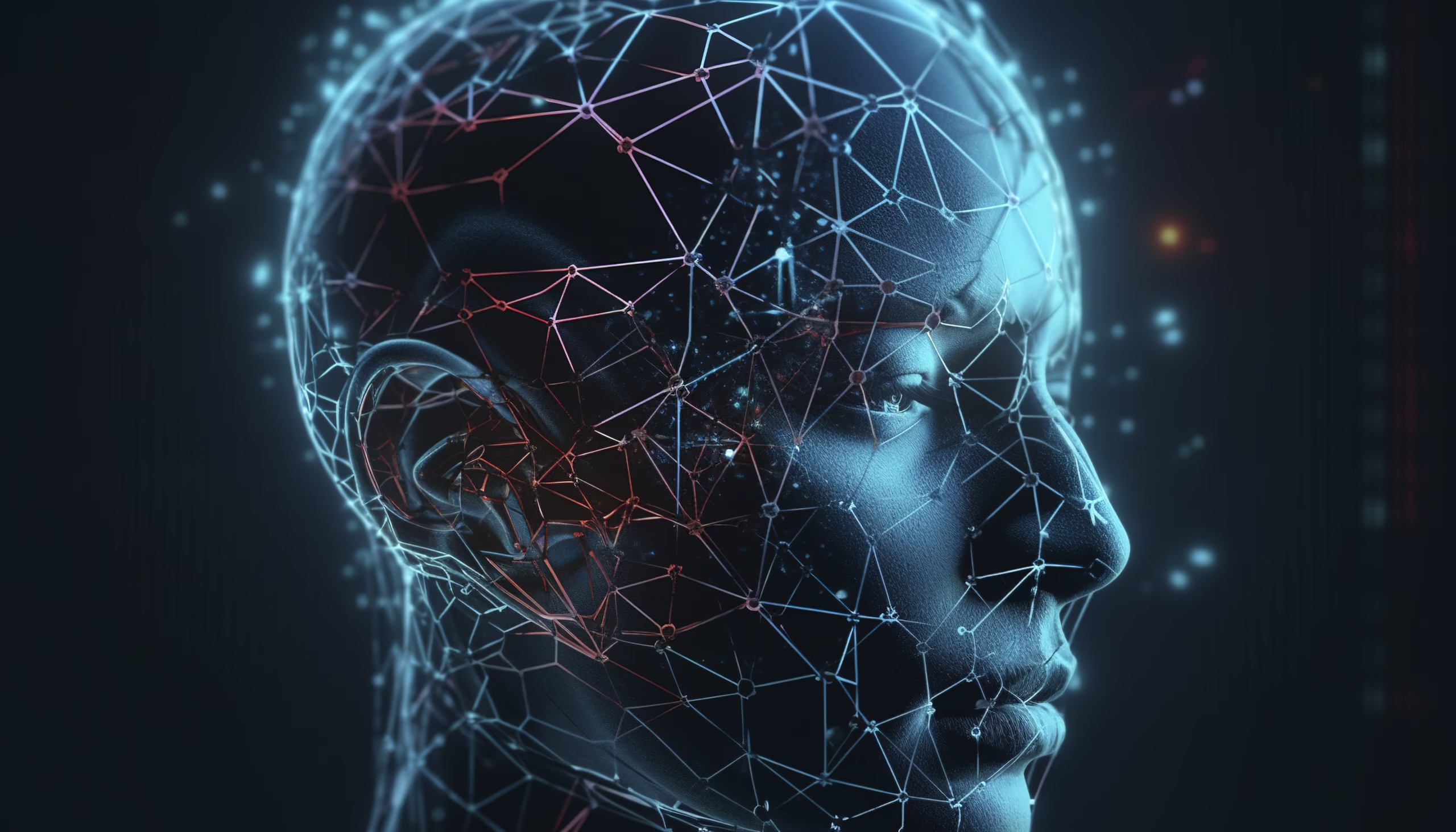AI in mental health care, pushing boundaries and opening doors that were once out of reach. Limited by availability of professionals and stigma, mental health treatment has been constrained for years. AI is changing that by making care more accessible, affordable, and personalized. AI tools like chatbots, diagnostics, and analytics help mental health professionals reach more people for earlier interventions and tailored treatments.
What is AI in Mental Health Support? A Comprehensive Overview
AI in mental health support refers to the use of technology to enhance mental health care. AI tools like chatbots, virtual therapists, and mental health apps help understand and support emotional well-being using data. AI-technologies assist in diagnosing mental health conditions, predicting outcomes, providing therapy, and supporting individuals daily.
AI platforms can help manage stress, anxiety, depression, and mental health instantly. AI chatbots like Woebot and Wysa provide tailored support and coping strategies through engaging conversations. These AI assistants offer ongoing support, bridging gaps in mental healthcare availability.
The Role of AI in Improving Mental Health Diagnosis
Early diagnosis of mental health conditions can make a significant difference in treatment success. AI plays a pivotal role in diagnosing mental health conditions more accurately and earlier than ever before. AI tools use data like behavior, voice tone, and online activity to detect mental health issues early.
For example, AI-powered algorithms can examine speech patterns in a person’s conversations to identify subtle indicators of emotional distress. Tools that analyze facial expressions or body language can further help diagnose mental health conditions like PTSD or autism spectrum disorders. This capability allows healthcare providers to intervene earlier, leading to more effective treatments and better long-term mental well-being.
AI in Mental Health: Personalizing Therapy for Better Outcomes
Personalized treatment is a key benefit of AI in mental health support. Traditional therapy often follows a one-size-fits-all approach, but AI allows for more individualized care. By collecting and analyzing data from various sources, AI can help mental health professionals understand each patient’s unique needs, preferences, and responses to treatment.
For instance, AI tools can track a patient’s progress over time, identifying patterns in their mood, behavior, and symptoms. This data can be used to adjust therapy plans and recommend the most effective interventions for each individual. By providing more tailored treatment, AI can help improve patient outcomes, reduce the risk of relapse, and promote long-term well-being.
How AI-Powered Apps Are Revolutionizing Mental Health Care
AI-powered apps are changing the way people manage their mental health. Many mental health apps now incorporate AI to provide users with on-demand support and tools for managing their emotional well-being. These apps offer features like mood tracking, mindfulness exercises, and cognitive behavioral therapy (CBT) techniques that are personalized to the user’s needs.

For example, AI-driven apps like Calm or Headspace use machine learning to recommend specific meditation or relaxation techniques based on the user’s emotional state. Other apps, like Moodpath, analyze a person’s mood and provide feedback and suggestions based on their responses. These apps allow users to take control of their mental health, access support at their convenience, and track their progress over time.
The Impact of AI on Mental Health Treatment and Patient Care
AI is making a significant impact on how mental health treatments are delivered and managed. It’s not just about diagnosing conditions; AI is also enhancing treatment plans and ensuring that patients receive the care they need. AI algorithms can help therapists monitor patient progress, suggest appropriate treatment adjustments, and even predict potential setbacks before they occur.
Furthermore, AI can assist in creating personalized treatment plans that incorporate the latest research and clinical guidelines, ensuring that each patient receives the most up-to-date care available. By leveraging the power of data, AI can help optimize mental health treatments and improve the overall patient experience.
Ethical Considerations of Using AI in Mental Health Support
As with any technology, there are ethical considerations when it comes to AI in mental health. One major concern is the privacy and security of sensitive mental health data. Ensuring that AI systems comply with data protection regulations, such as GDPR, is crucial to maintaining patient trust.
Another challenge is the potential for AI to replace human interaction. While AI tools can provide valuable support, they should never replace the need for human connection, especially in sensitive mental health situations. It’s important that AI remains a tool that complements, rather than replaces, the therapeutic relationship between a patient and a provider.
Future Trends: What’s Next for AI in Mental Health?
The future of AI in mental health looks bright. As technology continues to evolve, AI tools will become even more advanced and accurate in diagnosing and treating mental health conditions. In the future, AI may play a central role in providing ongoing mental health support, offering real-time interventions, and even predicting mental health crises before they occur.
Additionally, AI could help address global mental health disparities by making care more accessible in low-income areas or regions with a shortage of mental health professionals. With the continued development of AI-powered platforms, the possibilities for improving mental health care are endless.
Embracing AI for a Healthier Mental Future
AI is revolutionizing the field of mental health by making care more personalized, accessible, and effective. With the ability to enhance diagnostics, improve treatment outcomes, and bridge the gap between patients and professionals, AI is paving the way for a new era of mental well-being. As we embrace these innovations, we are moving toward a future where mental health support is available to everyone, anytime, and anywhere.

